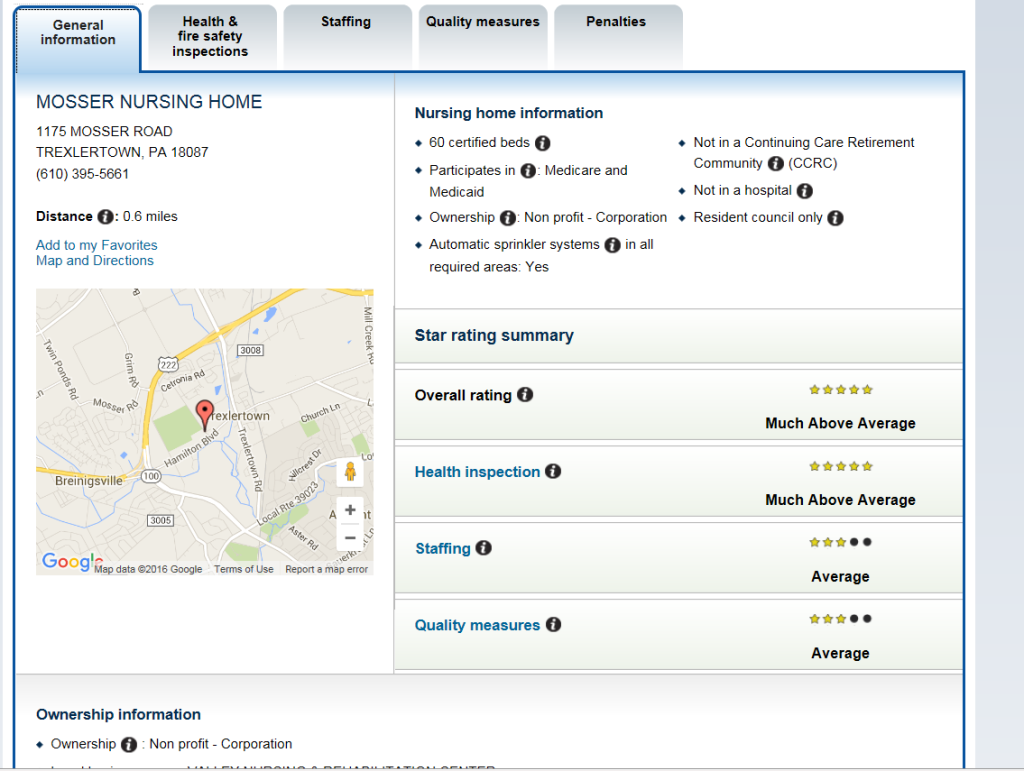By Liz DeSantis
February 2nd, 2017
Occasional anxiety is a normal part of life. You might feel anxious when faced with a problem at work, before taking a test, or making an important decision.
However, anxiety disorders involve more than temporary worry or fear. For a person with an anxiety disorder, the anxiety does not go away and can get worse over time. These feelings can interfere with daily activities such as job performance, school work, and relationships.
ANXIETY DISORDERS
https://nihseniorhealth.gov/anxietydisorders/aboutanxietydisorders/01.html





